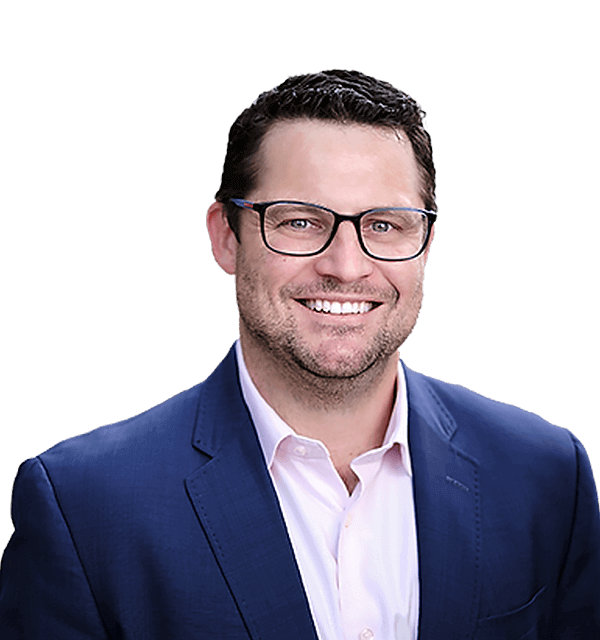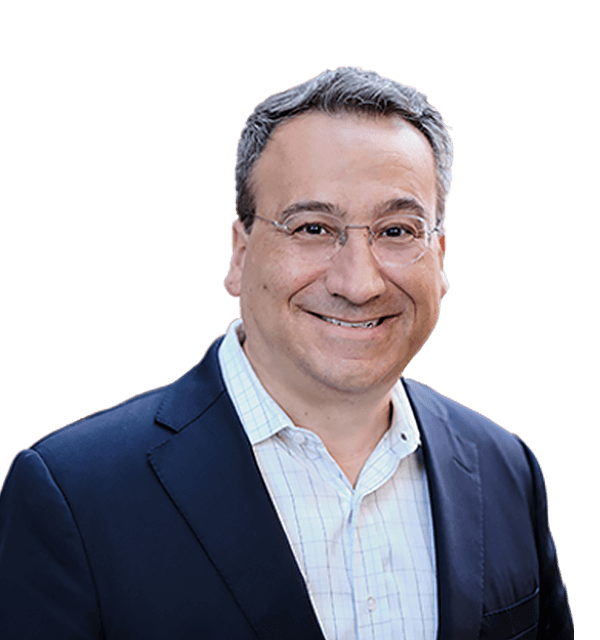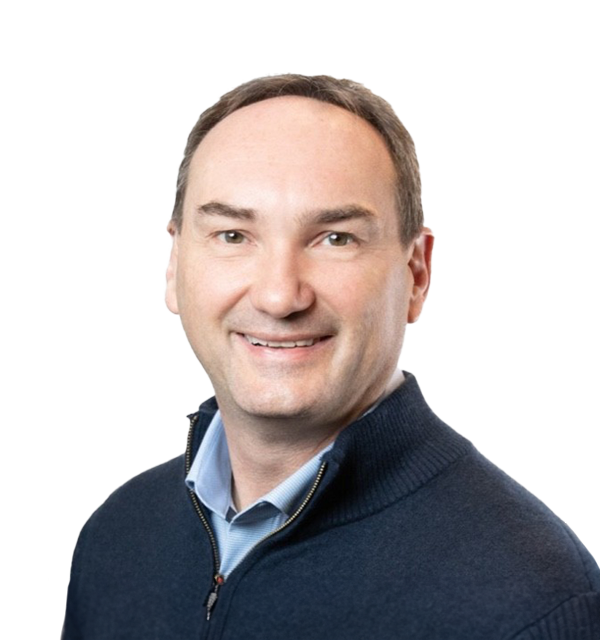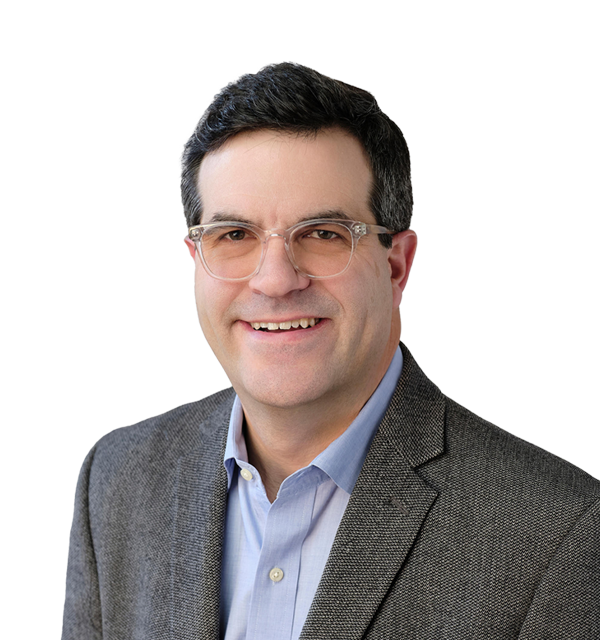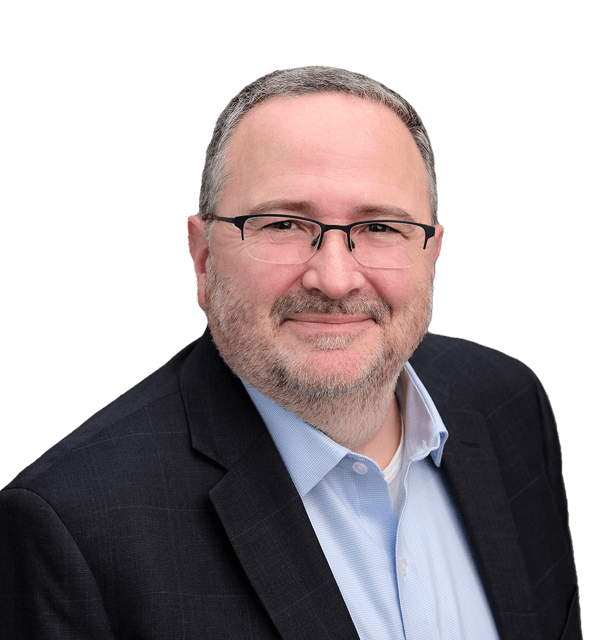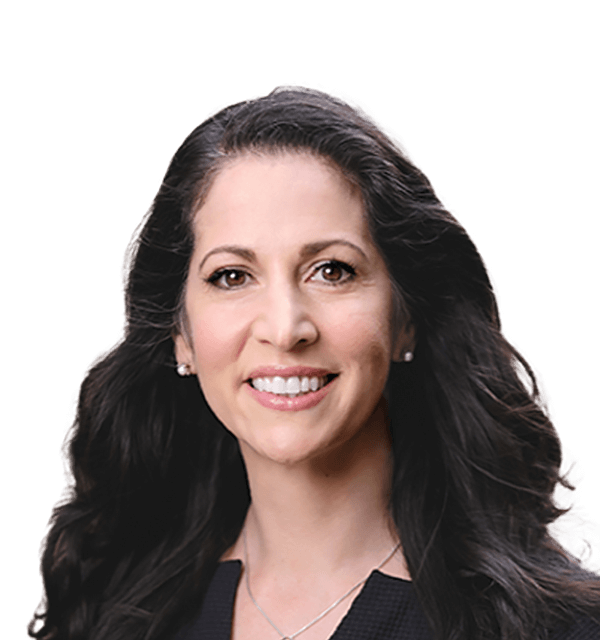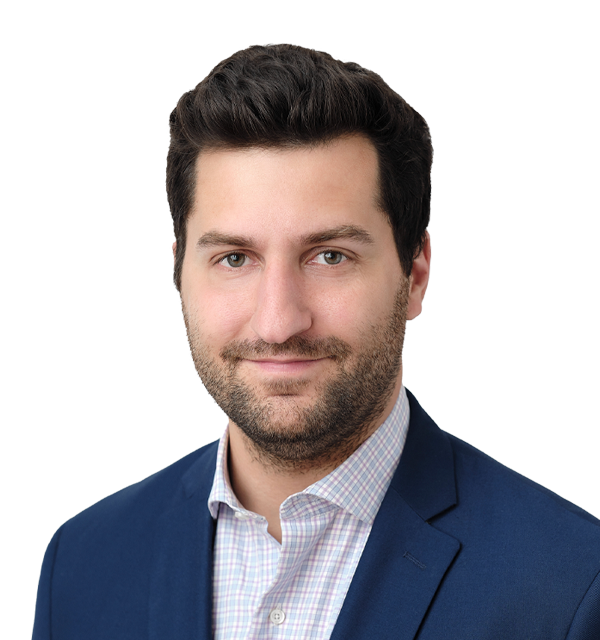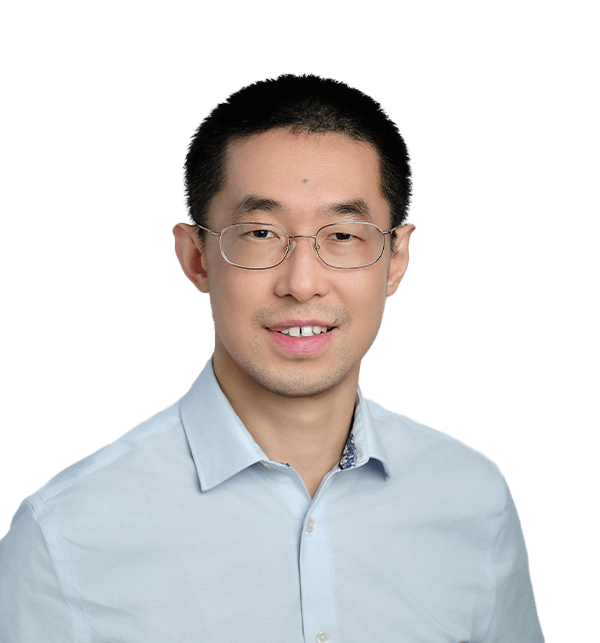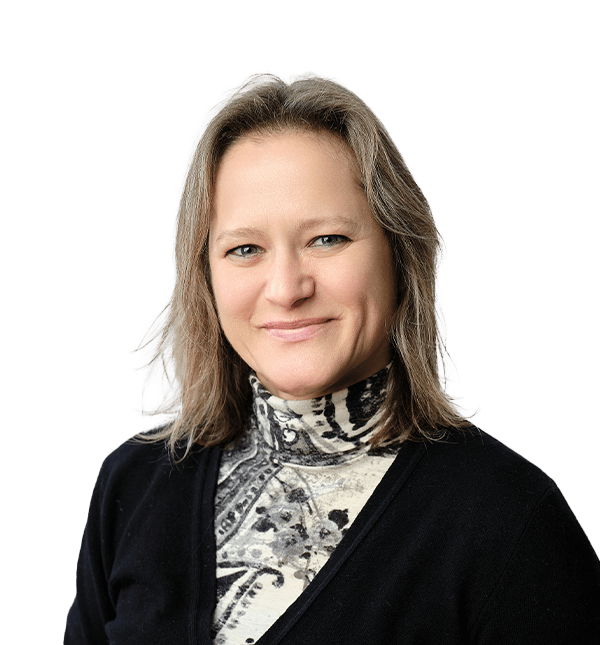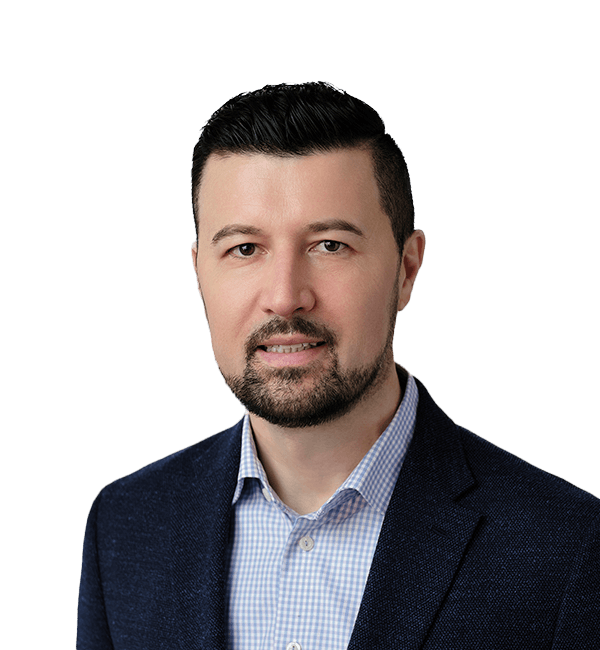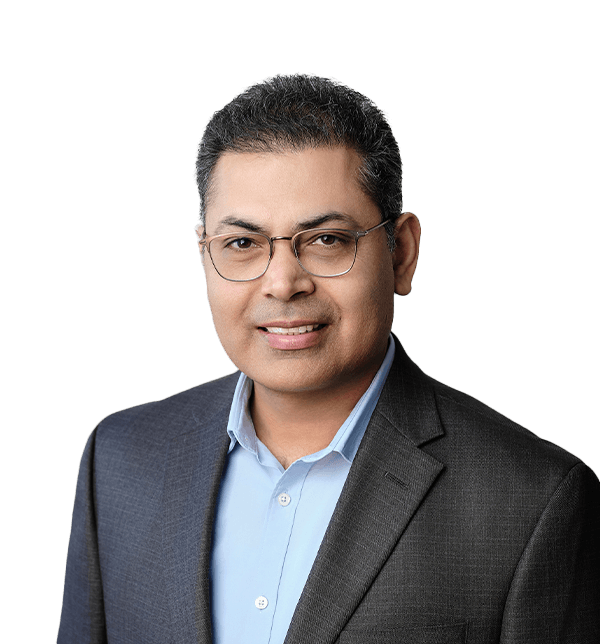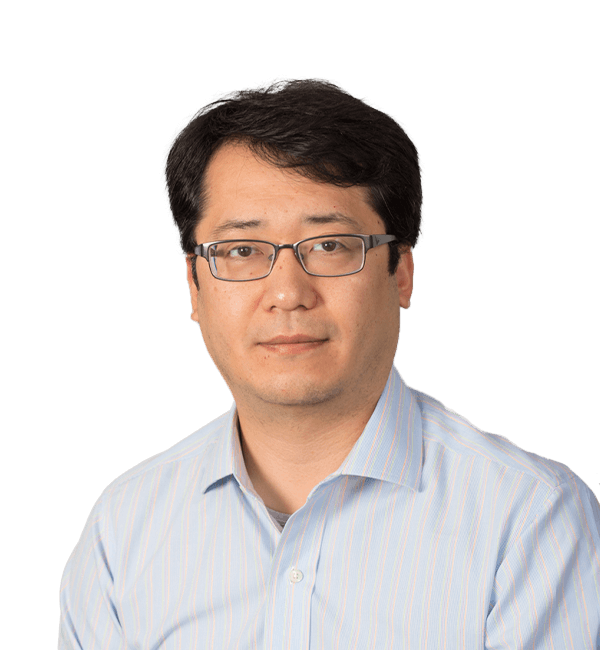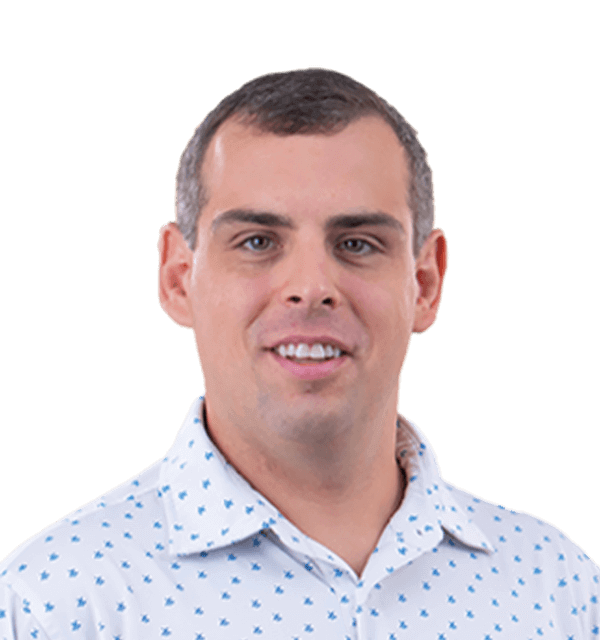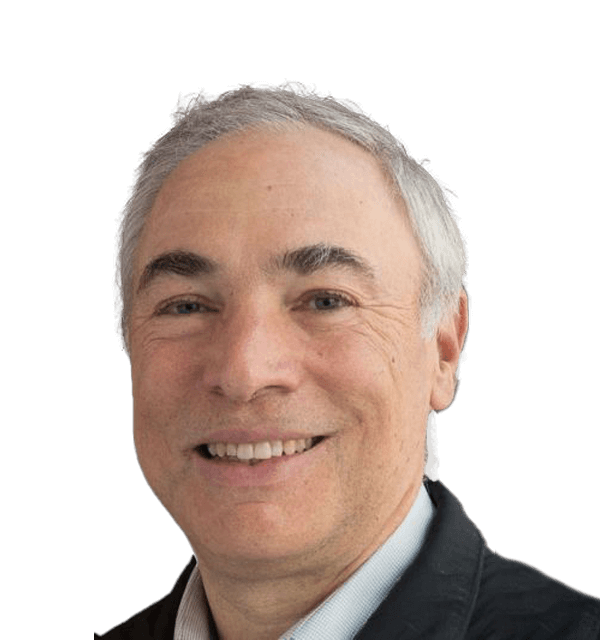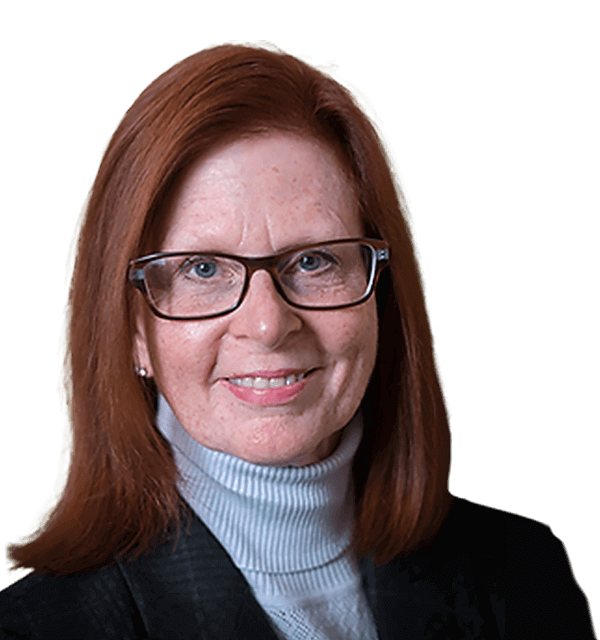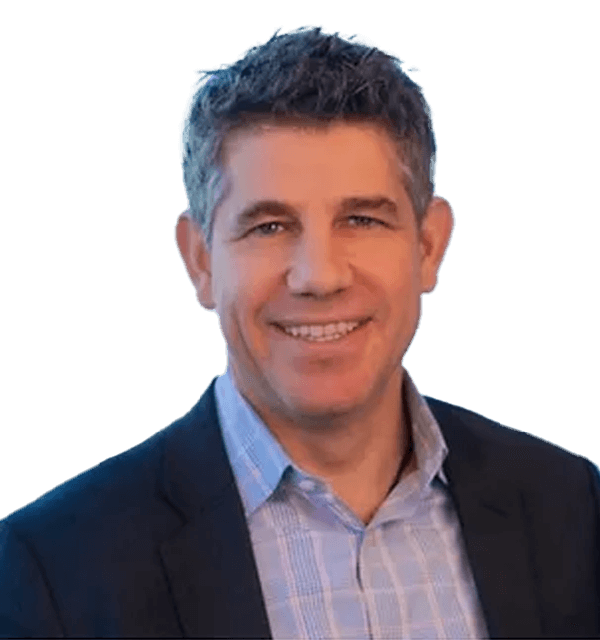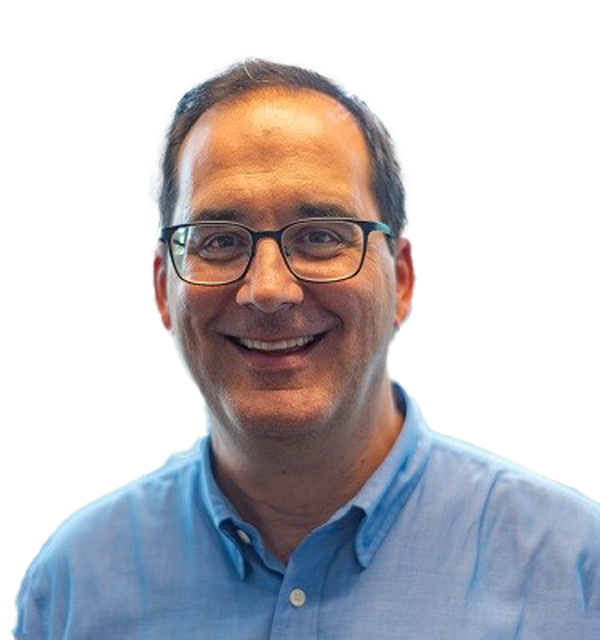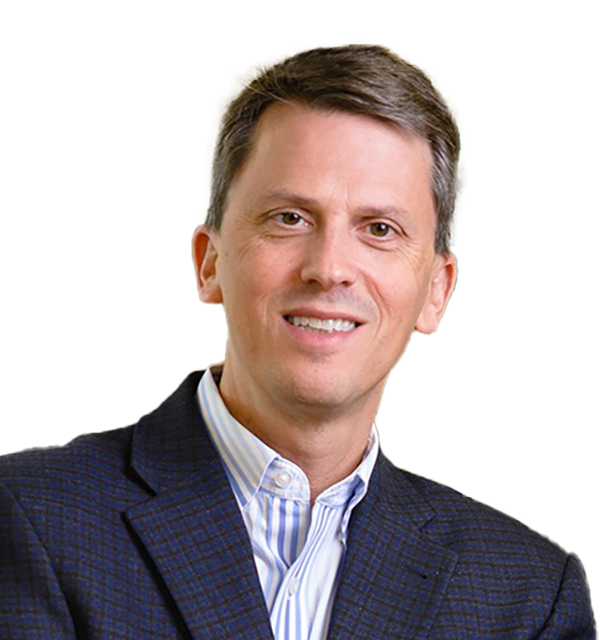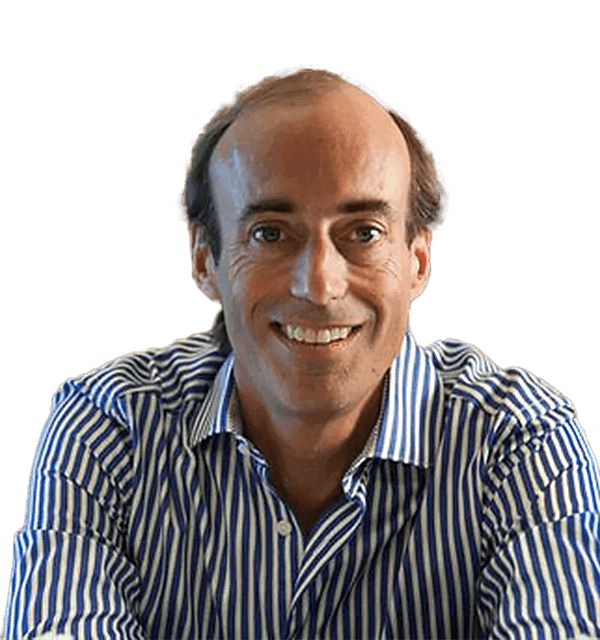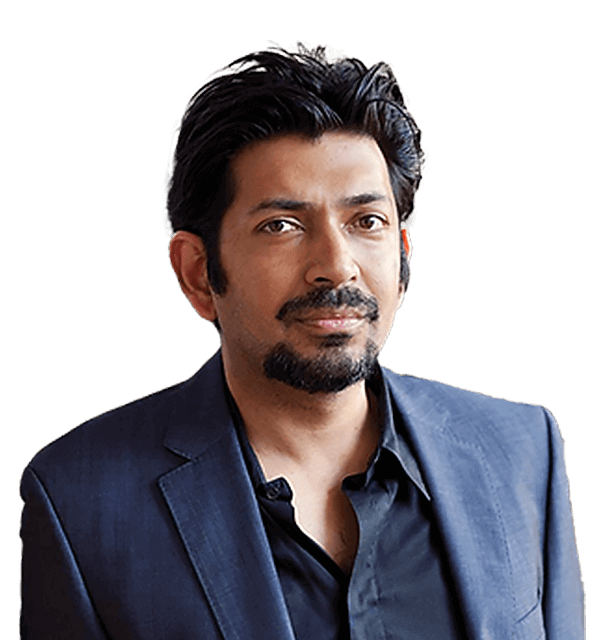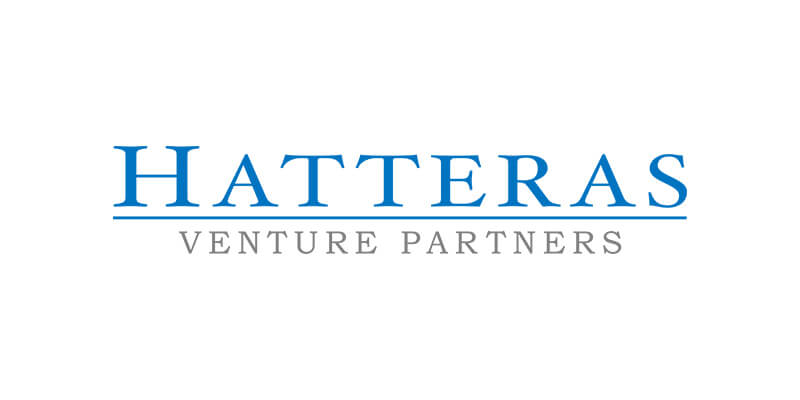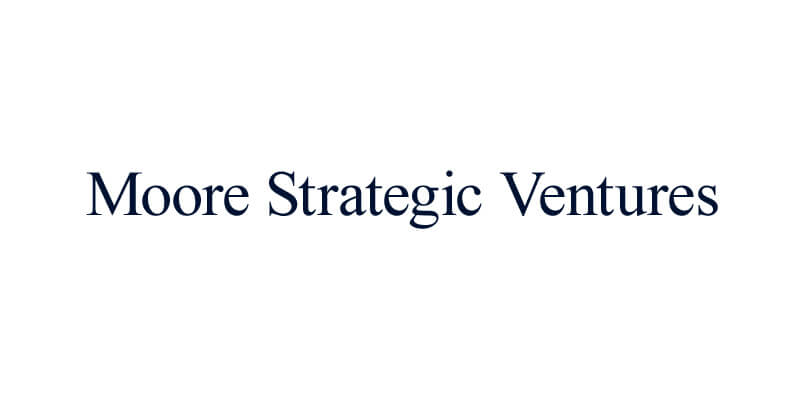Big strides in solving big human health problems! Careers @ Myeloid
Our Team
// Industry Experts
World-Leading Team
Myeloid is powered by our team of talented, driven scientists and biotech industry experts whose expertise spans oncology, immunology, mRNA biology, cell therapy, synthetic biology, and gene delivery.
Leadership
Daniel Getts, PhD
Chief Executive Officer, Co-founder,Board Director
Darren Braccia
Chief Business OfficerRobert Hofmeister, PhD
Chief Scientific OfficerMatthew Maurer, MD
Chief Medical OfficerCurtis Demick
Chief People OfficerMichele Cioffi
Vice President,Clinical
Yuxiao Wang, PhD
Co-Founder, Vice President,Discovery Research
Vania Ashminova
Senior Director, Antibody Discovery and Engineering GroupJerome Chal, PhD
Senior Vice President, Head of CMCShiv Redhu
Senior Director, Quality and RegulatoryJian Ding, PhD
Vice President, Translational ResearchBoard of Directors
Thomas Cahill, MD, PhD
Co-Founder, President, Board DirectorStanley Frankel, MD, FACP
Board DirectorElaine Jones, PhD
Board DirectorBrett Kaplan, MD
Board DirectorMark Velleca, M.D., Ph.D.
Executive ChairDaniel Getts, PhD
Chief Executive Officer, Co-founder,Board Director
Founders
Ronald Vale, PhD
FounderSiddhartha Mukherjee, MD, DPhil
Founder, Chair of Advisory BoardDaniel Getts, PhD
Chief Executive Officer, Co-founder, Board DirectorYuxiao Wang, PhD
Co-Founder, Vice President,Discovery Research
Thomas Cahill, MD, PhD
Co-Founder, President, Board DirectorScientific Advisory Board
Immunology, Virology & Myeloid Cell
Prof. Michael Dee Gunn, MD - T cell Vaccine Biologist
Dr. Gunn is a Professor of Medicine and Immunology at Duke University Medical Center. He received his MD from Southwestern Medical School and completed his residency at Parkland Memorial Hospital and his Clinical Cardiology training at UCSF. Dr. Gunn then joined the lab of Dr. Lewis T. (Rusty) Williams at UCSF, where he developed an interest in inflammatory aspects of atherosclerotic disease and began to investigate chemokines. He first studied the monocyte chemoattractant MCP-1 but soon became interested in novel chemokines. He identified the first two members of a new class of chemokines, the lymphoid chemokines, which mediate the migration of white blood cells to and within lymphoid organs. This discovery led him to the field of immunology, which has remained the focus of his research. After completing his postdoctoral training in 1999, Dr. Gunn moved to Duke University as an Assistant Professor of Medicine.
Since then, Dr. Gunn’s work has focused on determining how dendritic cells and other myeloid cells regulate immune responses and contribute to disease pathogenesis. His discoveries include the first two constitutive chemokines, CCL21 and CXCL13, murine plasmacytoid dendritic cells, the cells that mediate influenza-induced pulmonary immune pathology, the requirement of monocytes for the development of Th1 immune responses, and the lung macrophage population that stimulates the development of pulmonary hypertension. Dr. Gunn has a demonstrated record of performing high-impact science and developing disruptive technologies.
Prof. Alberto Mantovani, MD - Tumor Macrophage Discoverer
Dr. Montavani is an Emeritus Professor of Pathology at the Humanitas University in Milan and a Scientific Director of the Istituto Clinico Humanitas. His focus has primarily been on molecular mechanisms of innate immunity and inflammation. Dr. Montavani has contributed to the advancement of knowledge in the field of Immunology, formulating new paradigms and identifying new molecules and functions.
For his research activity, Dr. Montavani has received several national and international awards, including the Triennial OECI Award from the Organization of the European Cancer Institutes, the Robert Koch Award for his contribution to tumor immunology and immunotherapy, the American-Italian Cancer Foundation (AICF) Prize for Excellence in Medicine and, most recently, the American Association for Cancer Research International Pezcoller Award for Extraordinary Achievement in Cancer Research. The broad impact of his contributions is testified by citations. As of February 2020, Dr. Montavani has over 121,000 citations and an H-index of 167 (Scopus).
Prof. Miriam Merad, MD, PhD – Macrophage & TME Immunologist
Dr. Merad is a Professor of Oncological Science, Medicine (Hem/Onc division), and Immunology and a member of the Immunology Institute and The Tisch Cancer Institute at the Mount Sinai School of Medicine in New York. Dr. Merad obtained her MD at the University of Algiers, Algeria. She completed her residency in Hematology and Oncology in Paris, France, and received her PhD in Immunology in collaboration between Stanford University and the University of Paris VII. She was recruited to Mount Sinai in 2004 and was promoted to Associate Professor with Tenure in 2007 and Full Professor in 2010. Dr. Merad obtained an Endowed Chair in Cancer Immunology in 2014.
In 2010, Dr. Merad became the program leader of the Cancer Immunology Immunotherapy Group at The Tisch Cancer Institute and the Director of the Human Immunomonitoring Center. Dr. Merad’s laboratory studies the mechanisms that regulate the development and function of the mononuclear phagocyte lineage, including dendritic cells and macrophages. Her laboratory has made seminal discoveries in macrophage biology, revealing their embryonic origin and local maintenance in situ. Dr. Merad identified many of the mechanisms that control dendritic cells and macrophage development, homeostasis, and function in different tissues, including the contribution of mononuclear phagocytes to neuronal function, barrier tissue integrity, and tumor response to immunotherapy. Dr. Merad belongs to several NIH-funded scientific consortia, including the mucosal immunology study team and the Immgen Consortia, to decipher the transcriptional regulation of the tissue dendritic cell and macrophage lineage. Currently, one of the primary goals of her laboratory is to identify the contribution of phagocytes to tumor progression and response to treatment in mice and humans.
Dr. Merad has authored more than 150 primary papers and reviews in high-profile journals and has obtained extensive NIH funding for her studies on innate immunity in mice and humans.
Prof. Siamon Gordon, MD, PhD – Discovery of Scavenger Receptor
Dr. Gordon was born in South Africa, graduated in medicine at the University of Cape Town in 1961, and completed a doctorate in life sciences at Rockefeller University in 1971. Inspired by his research supervisor, Zanvil A Cohn, Dr. Gordon has studied macrophage immunobiology over the past 50 years, first at Rockefeller and later at the Sir William Dunn School of Pathology from 1976-2008.
Dr. Gordon was elected to the Fellowship of the Royal Society in 2007. His interests include the history of immunology and promoting science in South Africa, where he initiated an HIV education program.
Prof. Nick King, MD, PhD – Virus & Myeloid Cell Expert
Dr. King is a Professor of Pathology at The University of Sydney in Sydney, Australia. He is internationally recognized for his research on viral pathogenesis and immune pathology and is a co-inventor of the Cour immune modifying particle technology platform. Dr. King received his Bachelor of Medicine and Bachelor of Surgery from the University of Cape Town in 1976 and his PhD in 1986 from the Australian National University. After completing his post-doctoral training in the Research School of Physical Sciences at the Australian National University, he joined the Department of Anatomy at the University in 1988 and the Department of Pathology in 1991.
Most recently, Dr. King was admitted as an honorary member to the Royal College of Pathologists (2009). Dr. King has served as President of the Federation of Immunological Societies Asia-Oceania (FIMSA), Treasurer of the International Union of Immunology Societies, and Head of Department and Director of Sydney Cytometry — a state-of-the-art Core Facility at the University and the most advanced and largest flow cytometry unit in the Southern Hemisphere.
Dr. King's work has provided ground-breaking insights into virus-host interactions. His early work discovered the ability of viruses, like West Nile Virus, to hijack cellular machinery to trick the immune system. He has also pioneered new understandings surrounding immune pathology observed in the brain after infection and during autoimmunity. Most recently, Dr. King has focused on translating the novel discovery that nanoparticles may be harnessed to prevent immune-mediated pathology, including the development of a phase 1/2 encephalitis clinical program.
Prof. Michael Lin, PhD – Assoc. Prof. Stanford University
Dr. Lin is an Associate Professor of Neurobiology, Bioengineering, and, by courtesy, Chemical and Systems Biology. His lab applies biochemical and engineering principles to the development of protein-based tools for imaging and control of biochemical processes. Topics of investigation include fluorescent protein structure and biophysics, fluorescent protein-based biosensors, neuronal activity sensors, spatiotemporal analysis of protein translation pathways, chemical control of protein translation, and light-responsive proteins.
Clinical Cell Therapy
Prof. Owen A. O’Connor, MD, PhD – Director of the Center for Lymphoid Malignancies
Dr. O'Connor is an international authority on both non-Hodgkin and Hodgkin lymphoma. In July 2018, he was awarded an American Cancer Society (ACS) Clinical Research Professor grant. For more than 20 years, his research has significantly contributed to the understanding and treatment of several types of lymphoma, particularly T-cell lymphoma. The grant provides research funding for at least 5 years and allows O'Connor to use the title ACS Clinical Research Professor for the rest of his life. It is considered the most prestigious grant from the ACS.
Prof. Cameron Turtle, MD, PhD – T cell Therapy Expert
Dr. Turtle holds a PhD in Immunology and completed medical training at the University of Sydney, Australia, followed by Fellowships of the Royal Australasian College of Physicians and the Royal College of Pathologists of Australasia. He is an Associate Member of the Anderson Family Endowed Chair for Immunotherapy at Fred Hutchinson Cancer Research Center (FHCRC) and an Associate Professor at the University of Washington (UW) in Seattle, WA.
Dr. Turtle serves as an attending physician on the Hematopoietic Cell Transplant (HCT) Service and the Immunotherapy Service at FHCRC, Seattle Cancer Care Alliance (SCCA), and the UW Medical Center. Additionally, he has a research laboratory in the Clinical Research Division at FHCRC. Dr. Turtle's laboratory is focused on understanding the characteristics of human T cells, their potential utility for tumor immunotherapy, and their role in immune reconstitution after HCT. Dr. Turtle is the Principal Investigator and IND sponsor of several investigator-initiated clinical trials of CD19-targeted chimeric antigen receptor (CAR)-modified T cell therapy for patients with B cell malignancies.
Prof. Steven M. Horwitz, MD – Clinical T cell Lymphoma Specialist
Dr. Horwitz is the Associate Attending in the Department of Medicine at Memorial Sloan-Kettering Cancer Center. He earned his medical degree at Case Western Reserve University School of Medicine, completed an internship and residency in internal medicine at the University of Rochester/Strong Memorial Hospital, and completed a fellowship in medical oncology at Stanford University Medical Center.
Dr. Horwitz is a member of the American Society of Clinical Oncology, the American Society of Hematology, and the International Society of Cutaneous Lymphoma. He serves on the Executive Committee of the International T-cell Registry and the Board of Directors of the United States Consortium for Cutaneous Lymphomas. He is also a member on the lymphoma committee of the National Comprehensive Cancer Network and has co-authored new guidelines for peripheral T-cell lymphomas, mycosis fungoides/Sézary syndrome, and cutaneous B-cell lymphomas. Additionally, Dr. Horwitz is a reviewer for numerous medical journals, including the Journal of Clinical Oncology and Blood, and serves on the editorial board of Clinical Lymphoma and Myeloma.
